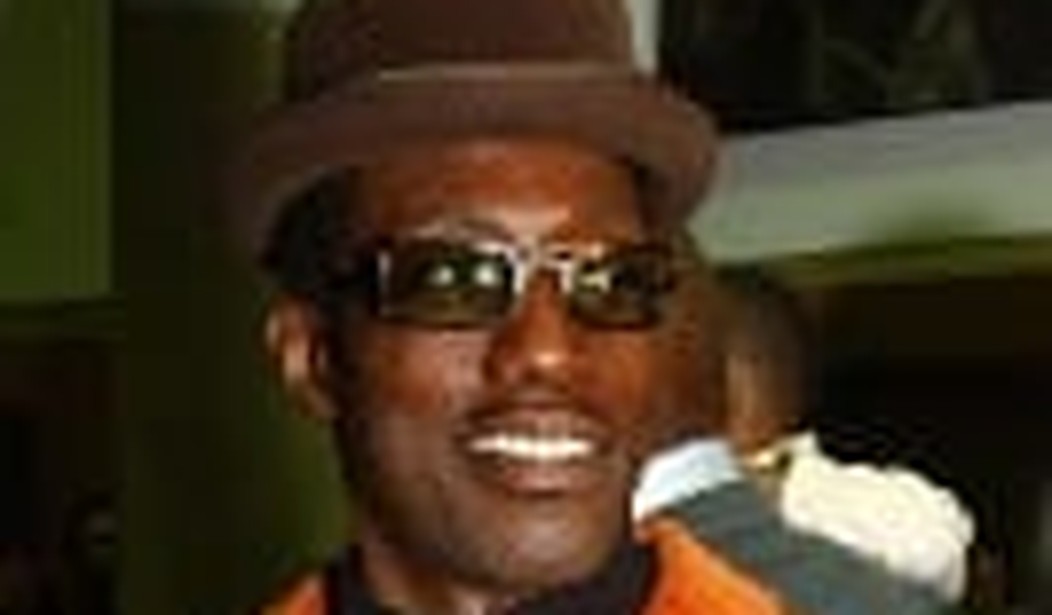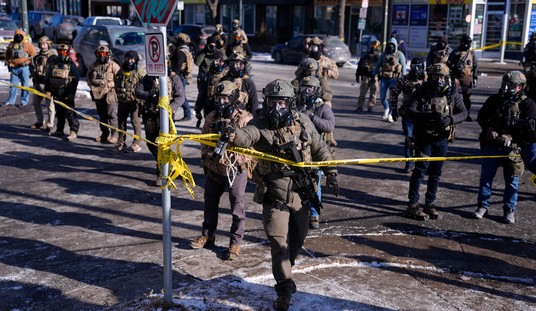Since the trials and tribulations of Wesley Snipes and his near Willie Nelson-sized IRS problems are making news these days – $11.4 million in phony tax refunds?! – I thought I’d share my own brief brush with the actor.
No, no, we didn’t have the same accountants:
The two men charged with Snipes, Eddie Ray Kahn and Douglas P. Rosalie, ran an organization out of Lake County [Fla] that purported to be an aggressive accounting firm, according to the indictment. It morphed into a new group, Guiding Light of God Ministries, a supposed nonprofit Christian organization. Both organizations, the indictment states, “sold fraudulent tax schemes.”
My story is a bit more mundane when it comes to seamy characters with colorful names like Eddie Ray Kahn – sorry – but not as negative toward Wesley.
Back in the early nineties, I was in the good graces – temporarily, anyway – of Hollywood mogul Joe Roth, regarded as one of the most powerful men in the Industry. When he was head of production at Fox, Joe had given the green light to Enemies, A Love Story , which I had written, and the movie was a success, at least critically. Not long after that Joe had his own production company (studio heads come and go more frequently than Directors of Central Intelligence) with producer Roger Birnbaum. I thought that would be a good place for me to work – the door would be open, as they say.
So I walked in one day with a pitch for a new “contemporary” James Bond. Roth liked the idea immediately – not that there was anything particularly original about it. James Bond remakes were a dime the proverbial dozen and all I had to offer was a half-baked plot and the vague promise that some Washington connections of mine would help with “inside stuff.”
But, as luck would have it, Roth was looking for something for Wesley Snipes and this would be perfect. Snipes was at his hottest then, coming off White Men Can’t Jump in which he gave a riveting performance, and Roth had good relations with him.
Great, I thought. It was better to work with a star from the get-go. That vastly improved the chances of the movie getting made. And a black James Bond solved the “originality” problem. We had seen plenty of black private dicks, but no classy black intelligence operatives I could recall. An African-American could shake a martini as well as a Yale boy. In fact, what if the African-American was a Yale boy?
This would give me impetus for writing what might otherwise have been a programmer, a good liberal statement. I knew Roth was as much of a liberal as I was then. As a schoolboy he had famously been involved in a civil disobedience case for refusing to say “Under God,” during the Pledge of Allegiance in his classroom. It had gone all the way to the Supreme Court. So I thought we could make wonderful liberal music together – and maybe a fortune as well on a new James Bond series.
My background as a mystery writer and that I had already written for a black star (Richard Pryor) sealed the deal. All I needed to do was meet Wesley for lunch and get his blessing.
I don’t remember too much about that lunch except that the star of White Men Can’t Jump was a lot shorter than I even expected (a surprising number of leading men from Pacino to Cruise are 5′ 8″ and below) and that he pulled up noisily (late, of course) in front of the Sunset Strip restaurant on a gigantic Harley, wearing studded black leather duds and the wrap-aroundest Ray Charles shades I think I have ever seen.
Anyway, the lunch went fine – although Snipes did not evince much interest in the details of the story. Not that I didn’t try to engage him. It had always been my observation that the more you involved stars in the writing process, the more they stayed interested in the project and didn’t run off to do somebody else’s movie. It’s not even a bad idea to make them think they’re writing it themselves. Such is the nature of the actor-beast.
This had worked for me with Pryor and Richard Dreyfuss, and would later with others, but it didn’t seem to appeal to Snipes. He wasn’t interested in plot points. He was all about being cool. And cool he was. I told him his character would be called Dexter Most (a cool name) and he seemed to like that. In fact he was generally enthusiastic about the project and me, apparently, and ready to take everything on faith. What was the point of forcing the issue? I had the deal. I went home to write.
The script was fun to do, and against my better judgment, I sent the pages over to Roth and Birnbaum almost as quickly as I wrote them. Normally, in Hollywood, this is foolhardy behavior- the fastest way to get fired or, at best, rewrite the same scene so many times life turns into a hamster wheel on steroids – but I decided to risk it in the interest of capitalizing on Snipes’ enthusiasm.
The opening sequence was carefully crafted √† la Bond to make Dexter (Wesley) into a new kind of hero. In the tradition of then new president Bill Clinton, Dexter Most was a Rhodes Scholar and the movie begins with Dexter attending a Rhodes reunion at Oxford, when some nefarious scoundrels attempt to steal – shades of Topkapi – the Magna Carta from the Bodleian Library… Never mind that only a quarter of the MC is in the Bodleian – this is a movie! Dexter saves the day and pretty soon we’re in Eastern Europe with communism crumbling all around us, bouncing along the St. Petersburg (or was it Leningrad?) canals in a mosquito boat with a Russian cutie when a laser missile is fired and… Well, you get the drift.
Roth loved the pages coming off and soon enough I got a call from him – the movie was green lit. I never had it happen faster. I hadn’t even written a real first draft. It was more like half a draft and a shoeshine. Still, he was assigning a director – some prot√©g√© of Stephen Spielberg’s whose name now escapes me. I couldn’t believe my luck. I was even told not to worry when the preliminary budget came in at $80 million. (This was the kind of movie with private jets doing back flips while dogfighting under Victoria Falls.) It all seemed too good to be true.
And it was. After the initial flurry, there were several days of silence. And then a week or more. I don’t remember exactly how long it took, but finally my agent called. The movie was off. What was the reason, I demanded. (I can’t say I was surprised but I was still very disappointed.)
What had happened? The financing had fallen out on the European side. Apparently, half of the budgets for Joe Roth’s films (the expensive ones anyway) came from Europe and the Europeans were refusing to back an action film with a sole black hero. Their audiences wouldn’t countenance it, they said. (Remember, this was several years before the rise of Denzel Washington.)
What racists, I thought, and undoubtedly said as much to my agent. But again I can’t say I was truly surprised. I had been in Europe enough to know the conventional wisdom that Americans were more racist than Europeans was dead wrong. It was the reverse. The Euros were far more racist than we were at heart. I almost felt dumb for not having realized there would be a problem in the first place. Perhaps I could have added a white co-star, but that would have been the end of the idea of a Black James Bond.
As for Wesley Snipes, I never saw him again. But I wonder, if we had made that movie successfully and the series had been launched, whether he would still be having his tax problems. Or maybe I would be having some of my own.
Roger L. Simon is an Academy Award-nominated screenwriter, novelist and blogger, and the CEO of Pajamas Media.









Join the conversation as a VIP Member